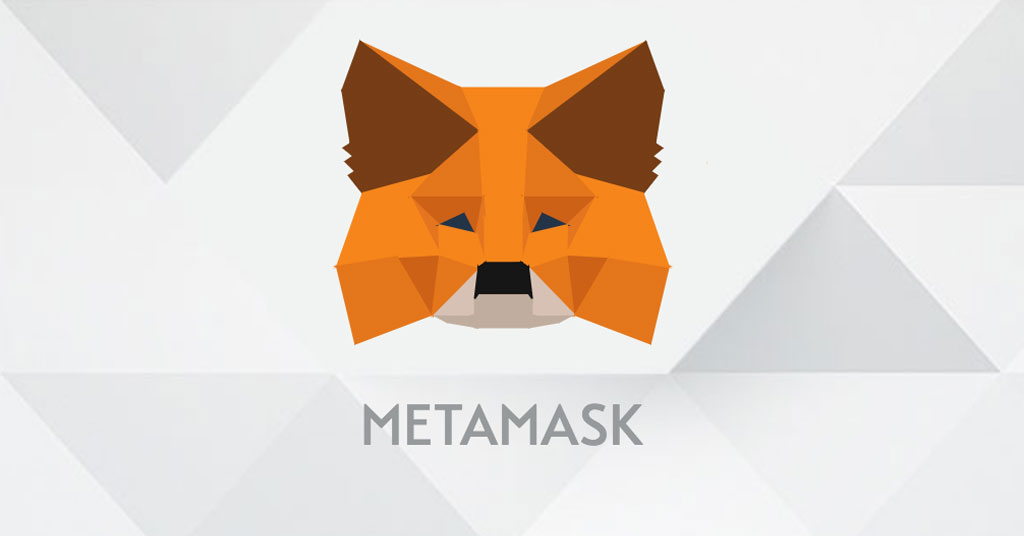In the digital age, cryptocurrencies like Bitcoin, Ethereum, and countless others have emerged as powerful assets, reshaping traditional financial systems. However, to engage with cryptocurrencies, a secure and reliable method of storing and managing them is essential. Enter the crypto wallet: a tool that plays a crucial role in safeguarding and facilitating transactions with cryptocurrencies MetaMask. In this article, we’ll explore what a crypto wallet is, its types, how it works, and the key considerations for selecting the right one.
What is a Crypto Wallet?
A crypto wallet is a software or hardware solution that allows users to store and manage their cryptocurrency holdings securely. It provides a means of interacting with the blockchain, the decentralized ledger that records all cryptocurrency transactions. The wallet does not physically store cryptocurrencies but rather holds the private keys needed to access and manage them on the blockchain.
Private keys are cryptographic codes that provide access to your crypto assets. Without them, users cannot make transactions, which is why safeguarding these keys is crucial for ensuring the security of one’s digital assets.
How Does a Crypto Wallet Work?
At its core, a crypto wallet works by generating a pair of cryptographic keys: a public key and a private key.
- Public Key: This is akin to an account number and can be shared with others. It’s used to receive cryptocurrencies.
- Private Key: This is like a password and must be kept secret. It allows users to sign transactions and access the funds stored at the associated public address.
When you make a transaction, you use your private key to sign it, proving that you are the rightful owner of the funds you’re attempting to send. The public key ensures that the transaction can be verified and accepted by the blockchain network.
Types of Crypto Wallets
There are several types of crypto wallets, each offering different levels of security and convenience. Broadly, wallets can be categorized into two main types: hot wallets and cold wallets.
1. Hot Wallets
Hot wallets are connected to the internet, making them convenient for everyday use. These wallets are ideal for users who need quick access to their crypto assets for trading or frequent transactions. However, being online also makes them more vulnerable to hacking or theft.
Examples of hot wallets:
- Software Wallets: Applications or software programs that can be installed on a computer or smartphone. They come in various forms, including desktop, mobile, and web wallets. Examples include MetaMask, Exodus, and Trust Wallet.
- Web Wallets: Online services that allow you to store and manage your cryptocurrency through a web interface. Platforms like Coinbase and Blockchain.com offer web wallets.
2. Cold Wallets
Cold wallets are offline storage solutions, making them far less susceptible to cyberattacks. These wallets are the most secure choice for long-term storage, as they are not connected to the internet. Cold wallets are preferred by crypto investors who prioritize security over convenience.
Examples of cold wallets:
- Hardware Wallets: Physical devices that store private keys offline. They are portable and secure, offering protection against hacks. Popular examples include the Ledger Nano X, Trezor Model T, and KeepKey.
- Paper Wallets: A physical printout or written copy of your private and public keys. While extremely secure when stored properly, paper wallets can be easily damaged or lost, making them less practical for regular use.
Factors to Consider When Choosing a Crypto Wallet
Choosing the right crypto wallet depends on your needs, preferences, and level of experience with cryptocurrencies. Here are some factors to consider:
- Security Features: Look for wallets that offer strong encryption, two-factor authentication (2FA), and backup options to protect your private keys. Hardware wallets, being offline, are the most secure option for long-term storage.
- Ease of Use: User-friendly wallets make it easy for beginners to navigate the world of crypto. Software wallets tend to be more accessible than hardware wallets but may lack the same level of security.
- Compatibility: Ensure the wallet is compatible with the cryptocurrencies you intend to use. Some wallets support a wide range of coins and tokens, while others specialize in specific assets.
- Backup and Recovery Options: Always ensure that the wallet offers a secure way to back up your private keys. A recovery seed phrase (usually a series of 12 to 24 words) is critical in case your device is lost or damaged.
- Transaction Speed and Fees: If you plan to use your wallet frequently for trading or transactions, consider wallets with faster transaction speeds and lower fees.
How to Secure Your Crypto Wallet
Security is paramount when managing cryptocurrencies, and users should take several precautions to ensure their funds remain safe:
- Keep Private Keys Offline: Store private keys offline in hardware wallets or encrypted storage to avoid hacking risks.
- Use Strong Passwords: Ensure that any wallet or exchange account is secured with strong, unique passwords.
- Enable Two-Factor Authentication (2FA): Add an extra layer of security by enabling 2FA, which requires a second form of verification (e.g., a code sent to your phone).
- Backup Your Wallet: Always back up your wallet and recovery phrase in a secure, offline location.
- Avoid Phishing Scams: Be cautious of phishing attempts, where malicious actors impersonate legitimate platforms to steal your private information.
Conclusion
Crypto wallets are an essential tool for anyone involved in the world of cryptocurrency. Whether you’re a casual investor or an experienced trader, understanding how wallets work and choosing the right one is key to securing your digital assets.
